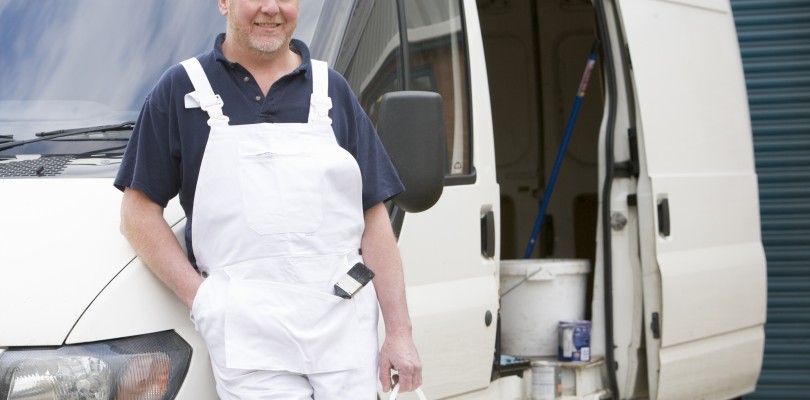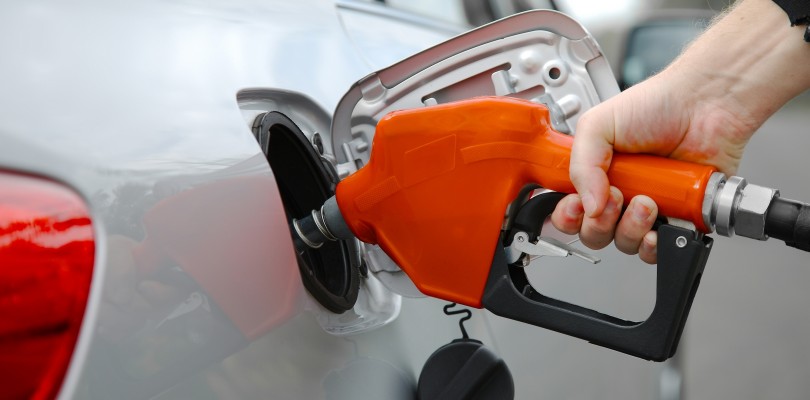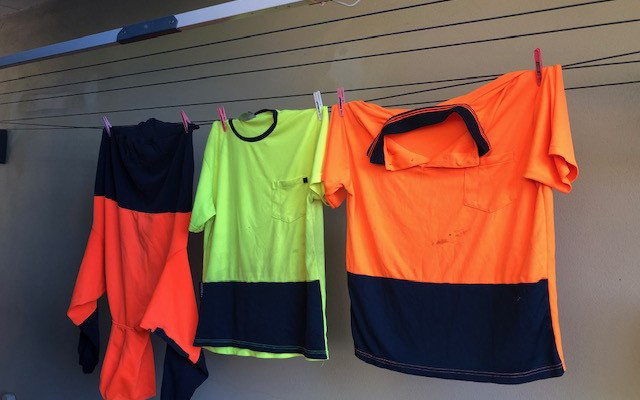ATO crackdown!
Uniform, laundry claims are the latest to undergo a crackdown by the ATO and, in particular, taxpayers who automatically claim the threshold amount of $150 without proof. Expenditure above this threshold amount requires detailed records, whereas up to $150 no receipts or substantiation is required.
The ATO believes taxpayers are claiming the $150 as an “entitlement” or “standard” claim simply because no invoices/receipts are required; however, the taxpayer nevertheless must still be able to demonstrate that the uniform, laundry claim expense has actually been incurred. That is, there is a relevant or appropriate basis for the claim.
Uniform laundry claims
You are entitled to claim for the purchase of a compulsory strictly enforced work uniform (or a non-compulsory uniform only if the employer has registered same) provided that the uniform is distinctive – e.g. employer’s logo, name is permanently attached and/or displayed thereon, and which clearly identifies you as an employee of the organisation.
Generally, plain, ordinary or conventional clothing – e.g. black trousers, white shirts – will not be deductible.
You are entitled to claim for the purchase of occupation specific clothing – e.g. chef’s checked pants, nurse’s uniform etc.
You are entitled to claim for the purchase of protective clothing, footwear and equipment which protects you from risk of illness or injury or to prevent damage to ordinary clothing e.g:
- Aprons
- Gloves
- Hard hats
- Heavy duty shorts, trousers (but not jeans)
- Non-slip shoes
- Overalls
- Safety coloured vests (Hi Vis)
- Sun protection
Of course, should your employer provide, or reimburse you, then no deduction is available!
You are entitled to claim for costs incurred in the repair and cleaning of the above such clothing and equipment. Laundry expenses may be claimed on a “reasonable basis”, but note the ATO specifies where you undertake the washing, drying, ironing yourself, the ATO nominates $1 / washing machine load as “reasonable”!
CONTACT US TODAY at BSN & Co for any queries regarding uniform, laundry claims.








